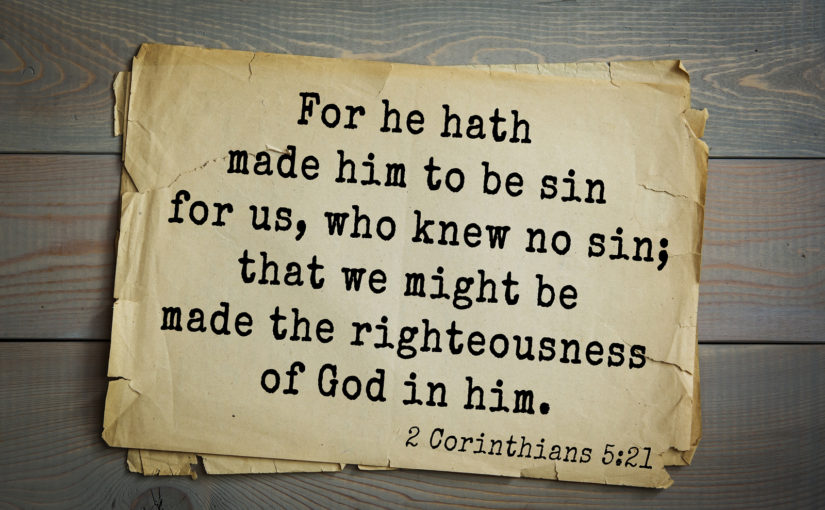You, Lord, keep my lamp burning; my God turns my darkness into light. -Psalm 18:28
After wrestling with the idea of righteousness, it turns out it wasn’t exactly what I thought. Mostly I believed righteousness was what God required from us to be worthy of His fellowship and our salvation. But how righteous did we need to be? Holiness was impossible and if the standard was anything less, how would anyone determine where that line was drawn?
I believed we were all called to pursue righteousness, but there was a different kind of righteousness, the one that Jennifer clearly described in yesterday’s Bible Journal. It wasn’t the kind that came from discipline or hard work, though they both offered rewards. It was the kind that came from faith, something that comes easy for a child; from the kind of faith that we discover in moments of helplessness, when we surrender to One far greater. This was the righteousness that came from our belief in the existence of a God who loved us so much he took on flesh and allowed himself to be murdered for our un-righteousness. This was the righteousness that came by the grace.
Today’s reading: 1 Samuel 4; Romans 4; Jeremiah 42; Psalm 18
In today’s text (Romans 4:6-8) Paul talks about grace, quoting scripture: “Abraham believed God and it was credited to him as righteousness” (Genesis 15:6). He also shares David’s proclamation from Psalm 32:1-2 about the blessing from receiving undeserved righteousness. Abraham received this blessing and was credited righteousness by faith, not only Abraham but his descendants, and not only his biological descendants, but his spiritual descendants, for “….He is the father of us all” (Romans 4:16).
I find it fascinating that the message of the gospel, this “new covenant,” was anticipated from the beginning of time. It is mentioned throughout scripture, and offered to all humanity. Jesus’s disciples shared this message of grace and hope to both the Jews and Gentiles of their day, and to us. They offered compelling evidence found in the teachings of the Old Testament and from their personal experience with Jesus and the Holy Spirit. And thier message is still alive today: Jesus lives, God is real and through Jesus, God’s Holy Spirit manifests in millions of lives that are remarkably transformed each day throughout the world.
If an old man with a barren wife, to whom God appears and blesses with children is credited righteousness for his faith, What does that mean for us? A little faith goes a long way with God, faith that He is even willing to provide to us if we ask!

